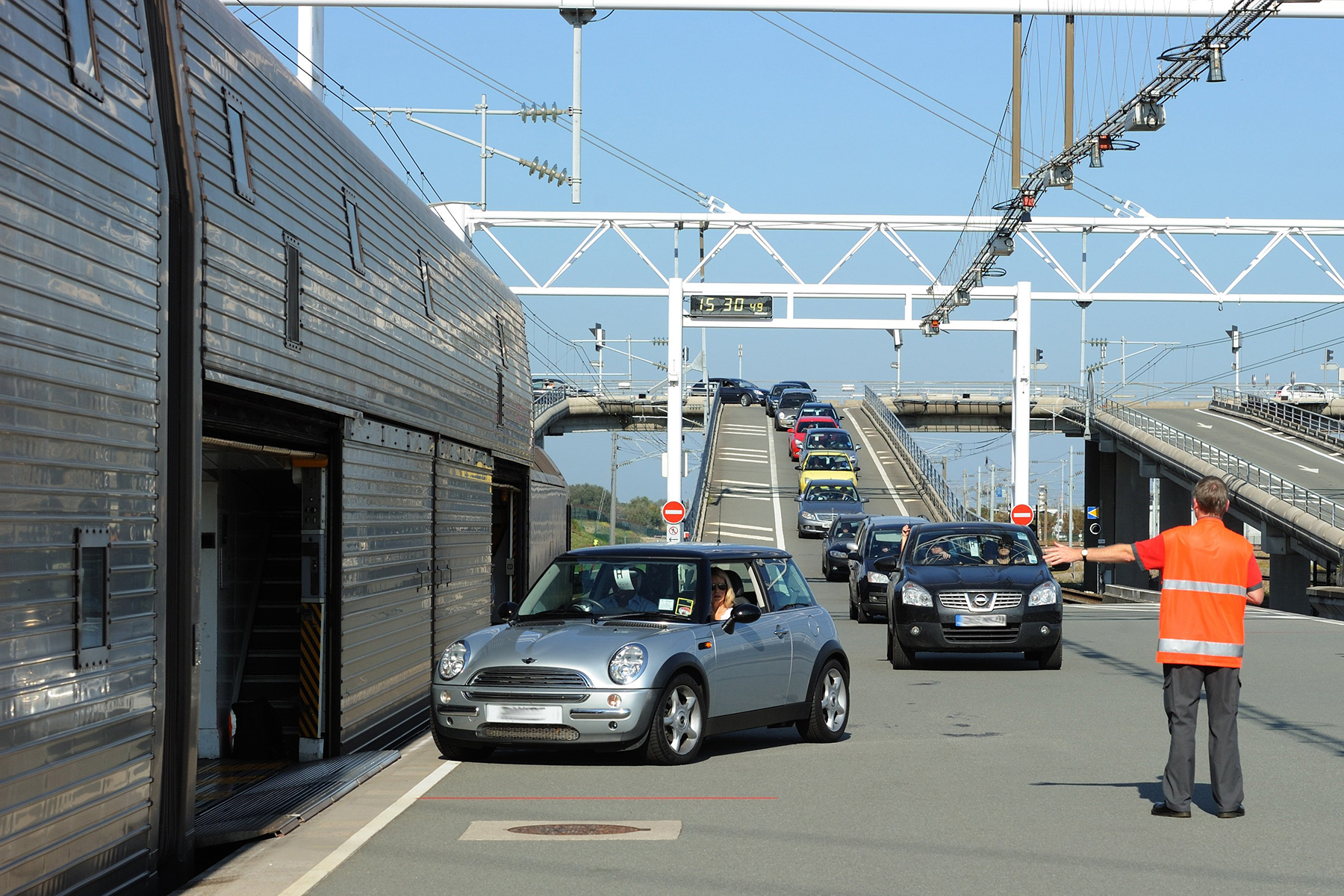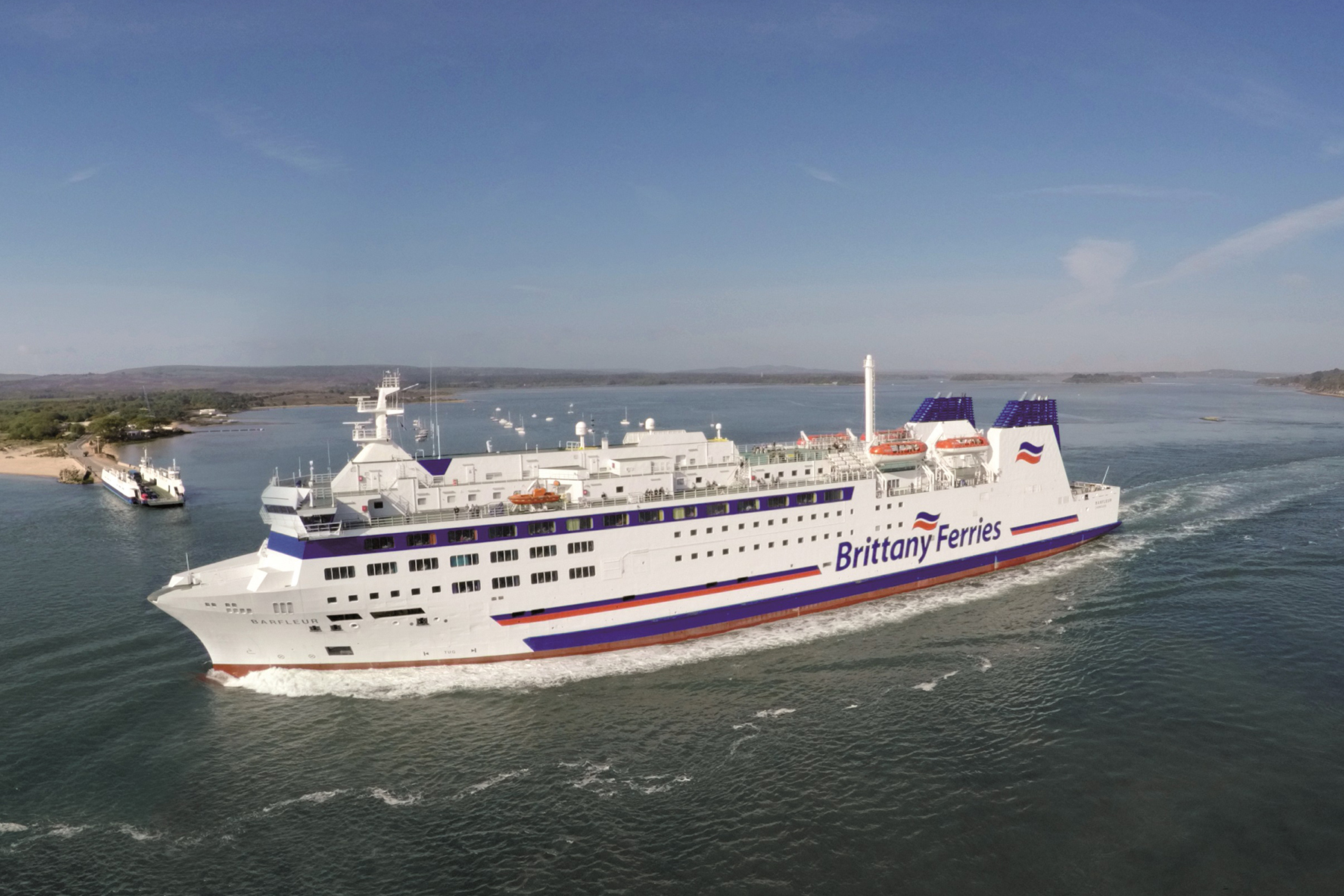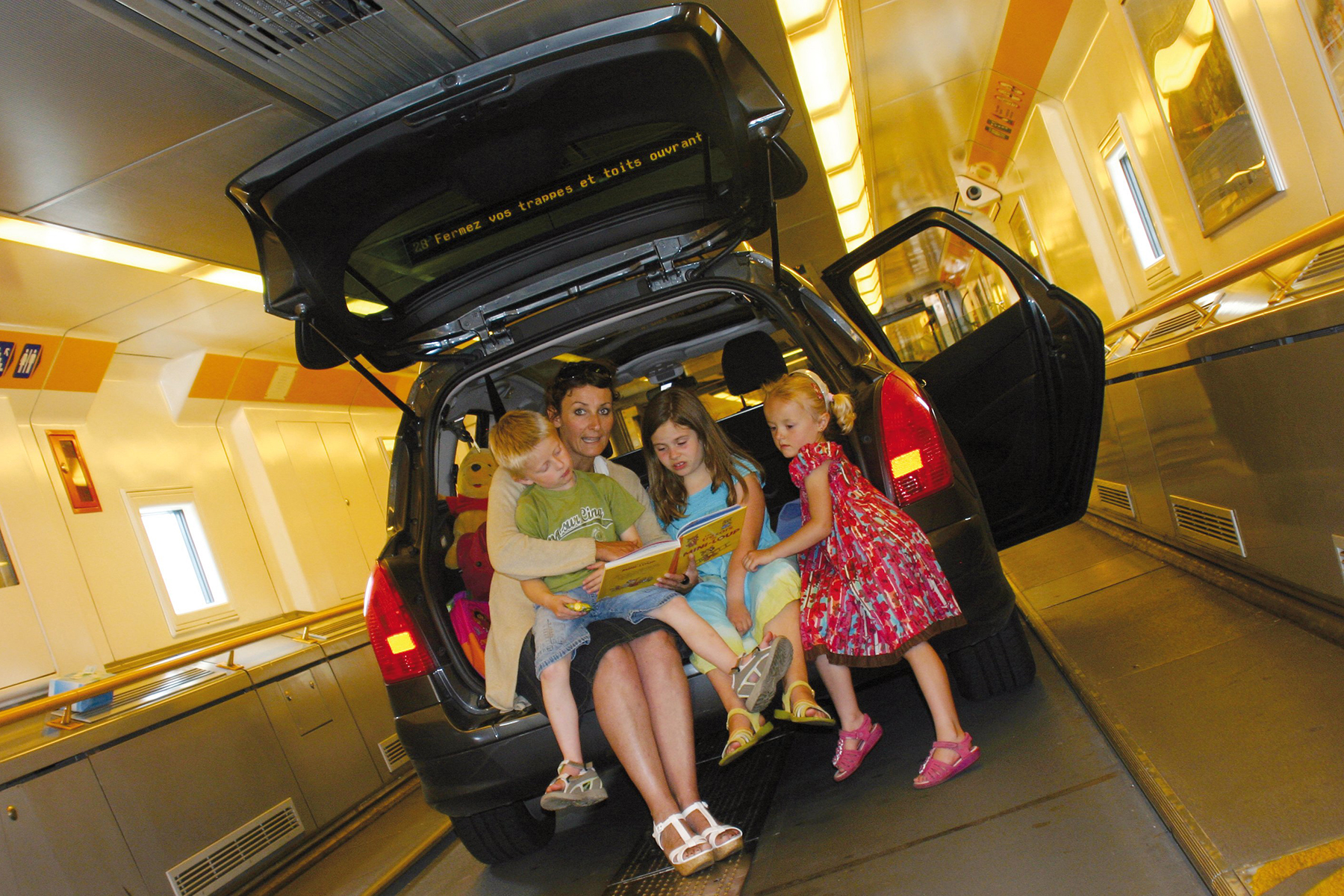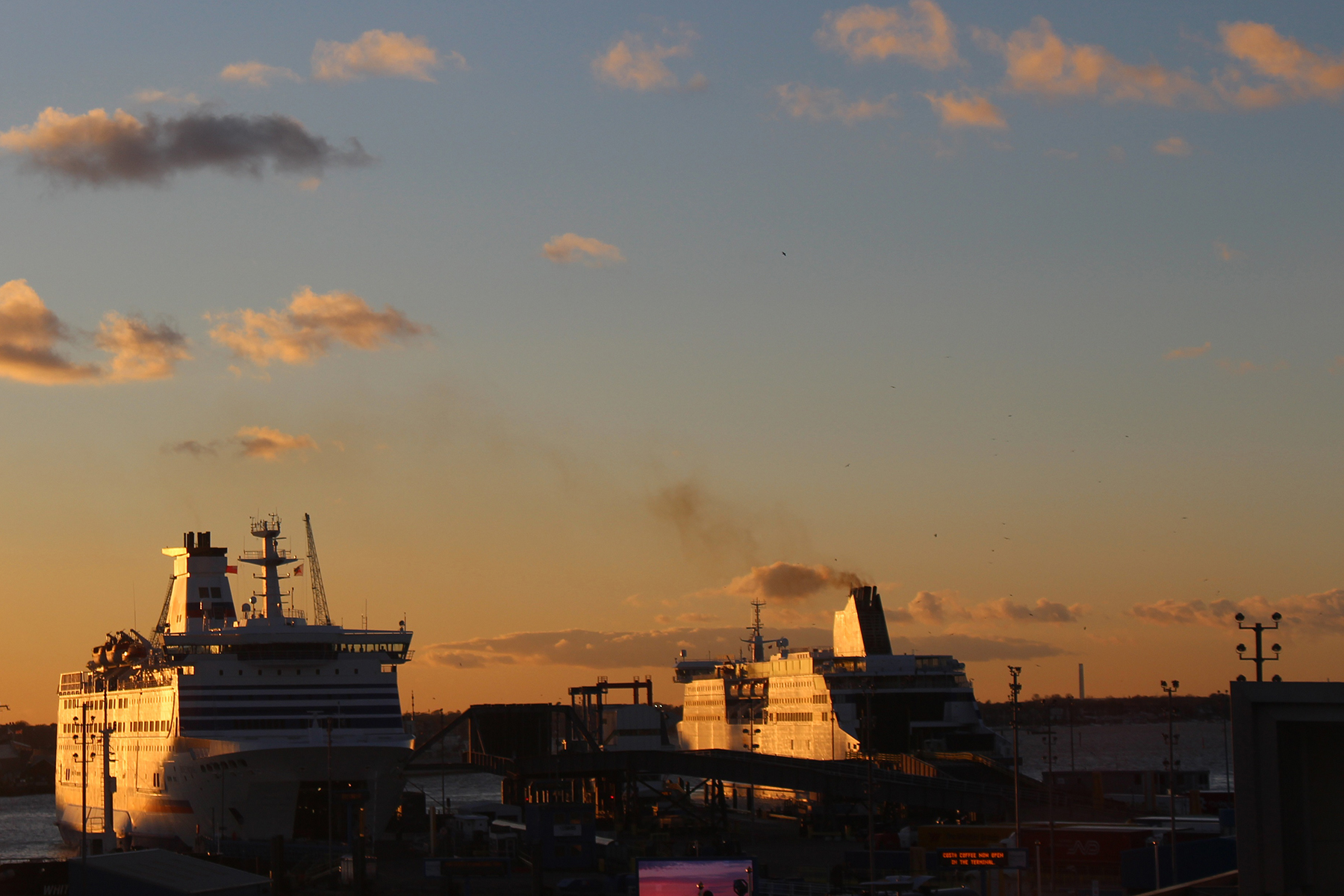 It’s an annual decision. Take the car ferry to France, or pop the car on the train? For many it’s a conclusion they came to years ago. Now, throw away your prejudices and take a fresh look at the pros and cons.
It’s an annual decision. Take the car ferry to France, or pop the car on the train? For many it’s a conclusion they came to years ago. Now, throw away your prejudices and take a fresh look at the pros and cons.
Getting there
With Eurotunnel you’ve only once choice – its down the M20 down to Folkestone. The Dover-based ferries also depart from the much same area of the south east of Kent, and end up a few miles apart from each other in Calais. Dover and Folkestone are some 65 miles from the Dartford crossing on the M25.
You don’t have to go to Calais. DFDS Seaways runs a Dover-Dunkirk service, which places you 25 miles up the coast closer to Belgium, Holland and Germany.
Deeper into France

How quick is a short crossing?
Speed is why most people choose Eurotunnel. The crossing time to Calais is 35 minutes. P&O and DFDS take around 90 minutes to do the same, or two hours to Dunkirk. Factor in a 60-minute check-in, though, and the difference between train and ferry becomes 95 minutes and 150 minutes.
What about the long ferry crossings?
Getting you closer to central and western France will require a longer – and more expensive – ferry crossing. It takes approximately four hours to get to Dieppe, six to Caen or Roscoff, and between eight and 12 to St Malo or Le Havre. Overnight crossings tend to take longer than day crossings, so that you can disembark at a respectable time of the morning. Brittany Ferries also has a high-speed ferry from Portsmouth to Cherbourg that takes just three hours.
How much will it cost?
How long is a piece of string? ‘Fluid’ pricing is commonplace, so that when sales have been high, the best deals disappear – just like Ryanair and Easyjet. Last-minute bookings in August, for a family of four with a car on the short crossings, are around £220 for the ship to Calais, and closer to £300 through the Eurotunnel. Reckon on saving a third of that on the ferries by booking a year ahead. Eurotunnel hasn’t published fares that far in advance, but there will be deals too.
Brittany Ferries, with its longer crossings, is naturally more expensive, and at short notice it was hard to find a crossing for less than £600 at the weekend, rising to nearer £800 on the popular St Malo crossing.
So which is best: ferry or train?
In my view, the ferries win hands down, every time. Do I want to save an hour of my life simply to travel in metal tube, at best industrial-chic, but to my thinking more like putting my car and my family into a larger version of an Underground train? Can I relax here, go for a pleasant walk, get some decent food, find a nice place for a wash and brush up? You already know the answer.
By the time I get to Dover, and I live only 100 miles away, I am ready for a meal, a break, and a tangible sense that I am going on holiday. The ferry does all that for me, and more. Take a long Brittany Ferries crossing and I can step the whole experience up a further notch, with fantastic restaurants and comfortable cabins. My advice is there’s no need to be in such a rush. Chill out and take the boat.
Like many I have done the channel many times, once by the tunnel and all the other times by ferry.
For me the Dover is 7 hours from my home in Scotland so when i get there I am ready for a real break, food, nap. It feels like the holiday or trip has really begin when you are on the boat looking back at the white cliffs and given i have done 400 miles to that point the sea and the relaxed pace are a great way to unwind.
I would normally be going to Southern Italy, so the 1 hour so time saving is not relevant when doing upwards of 2200 miles, the ferry marks a nice step in the journey like reaching Camp 1 on Everest where you can regroups and relax before pushing on, travelling in a metal tube does not do that for me at all.
Do yourself a favour and take the ferry, life is not a race